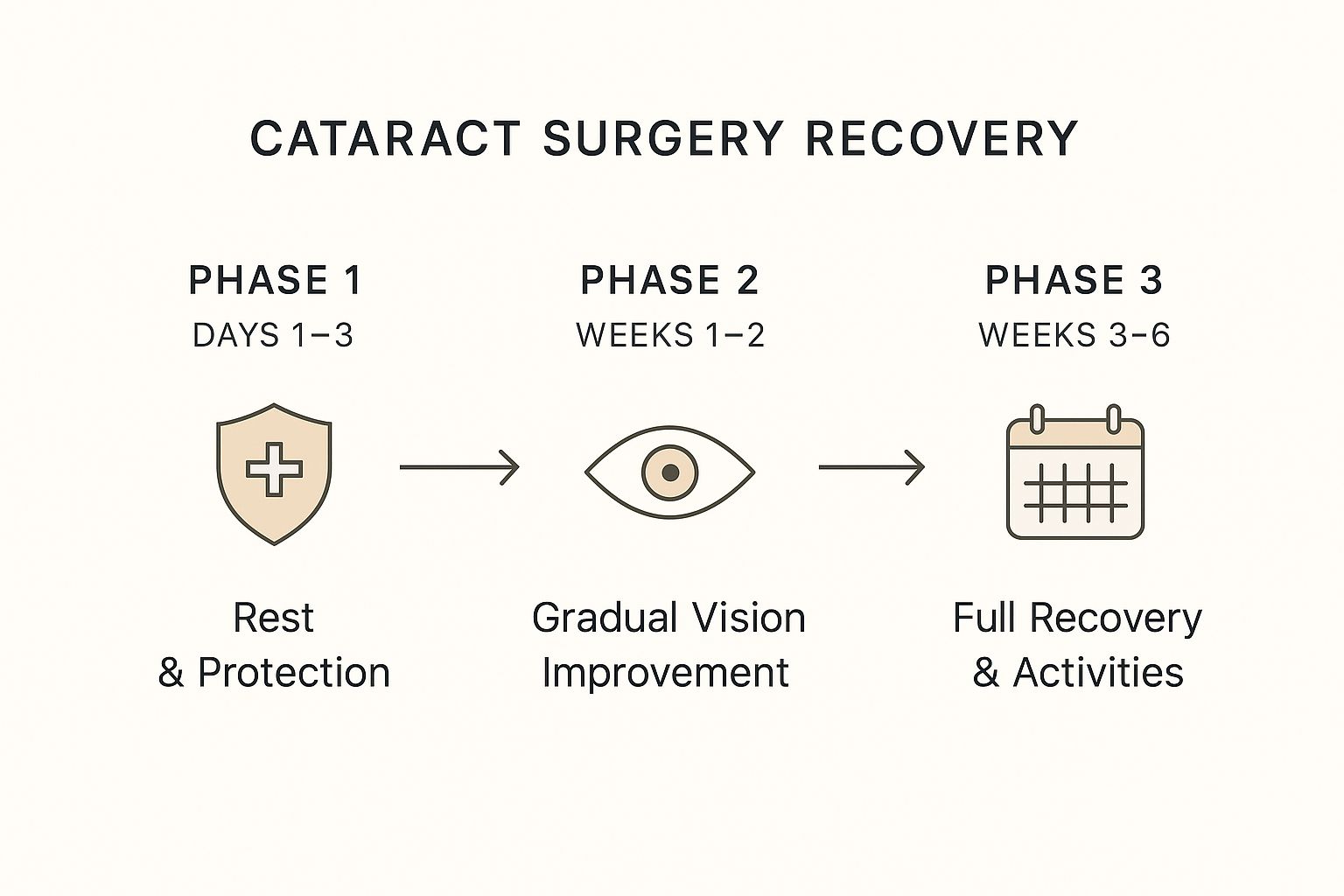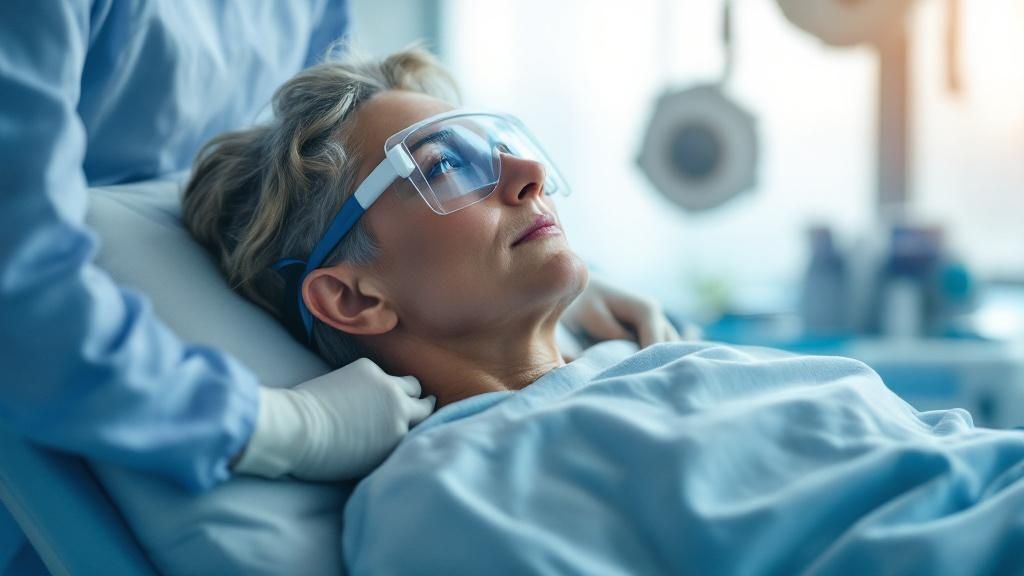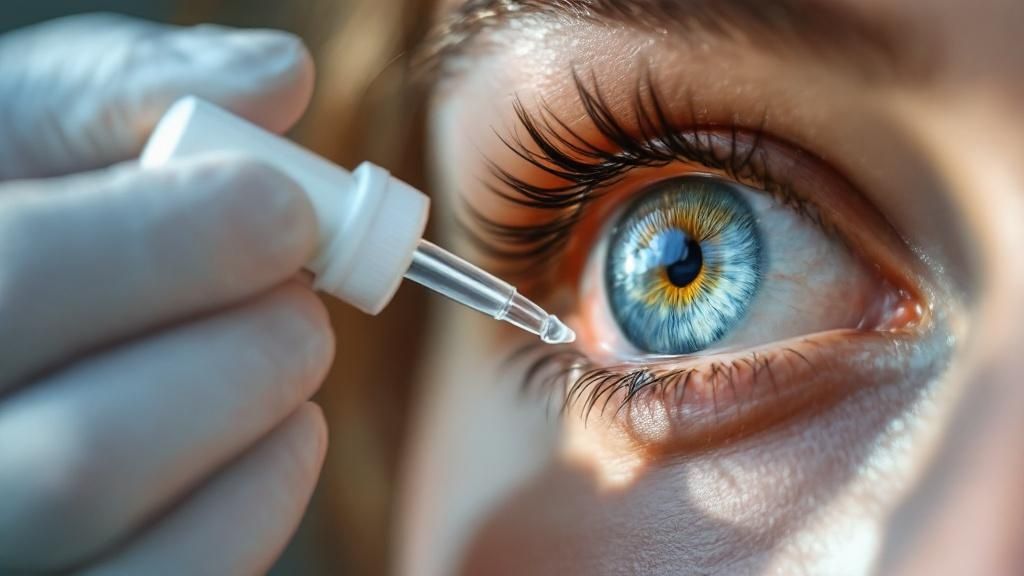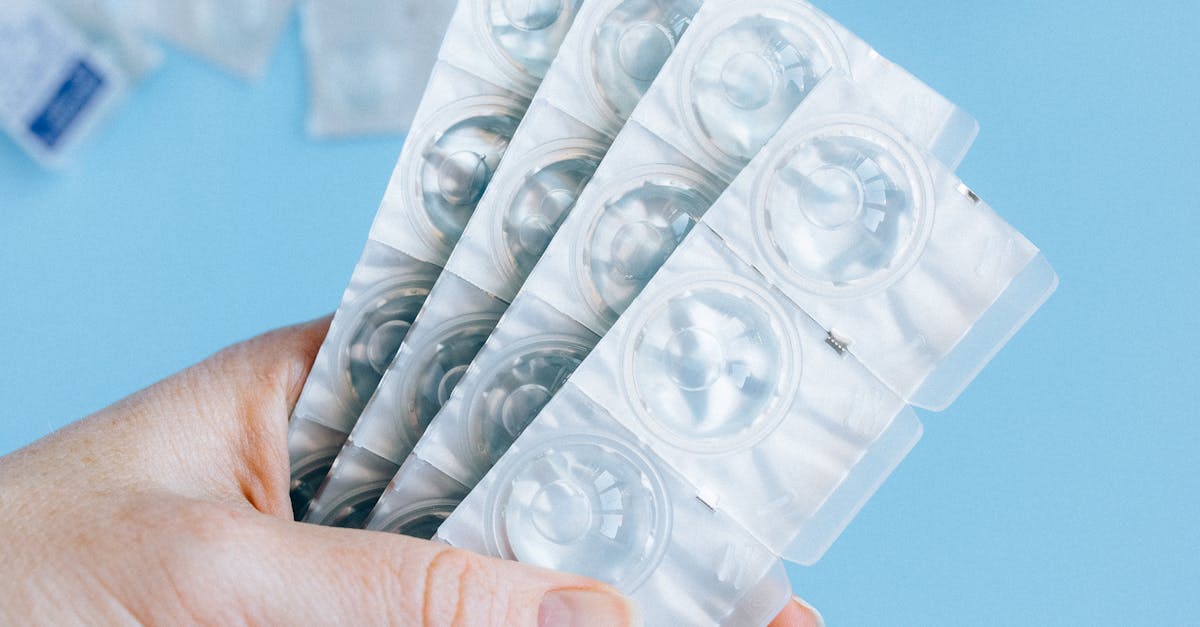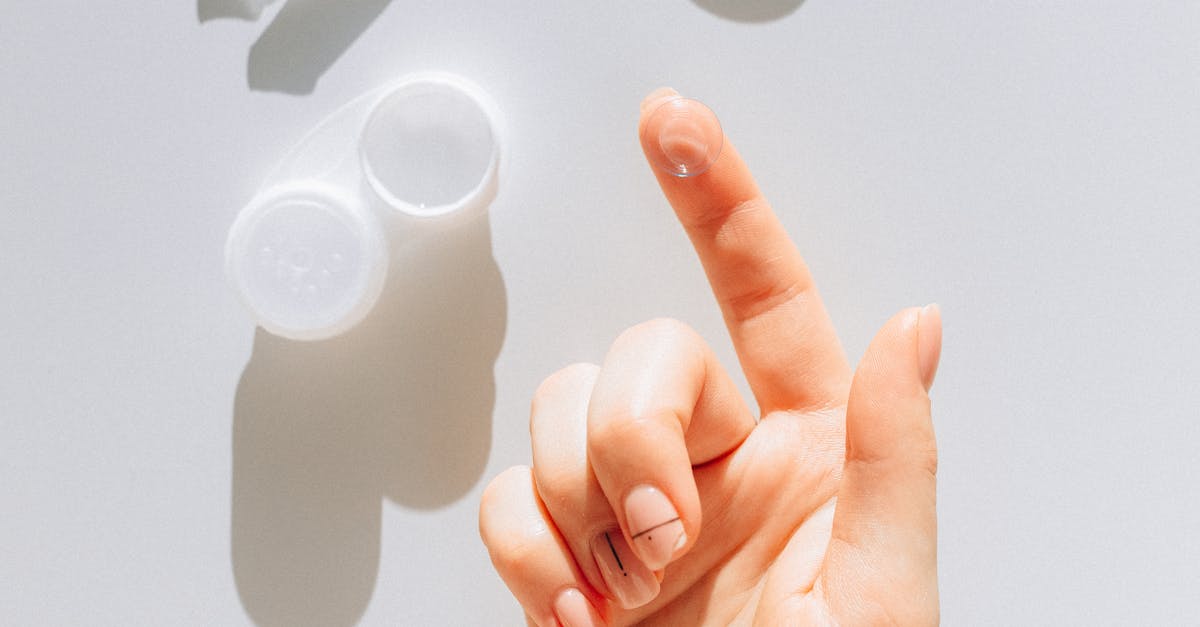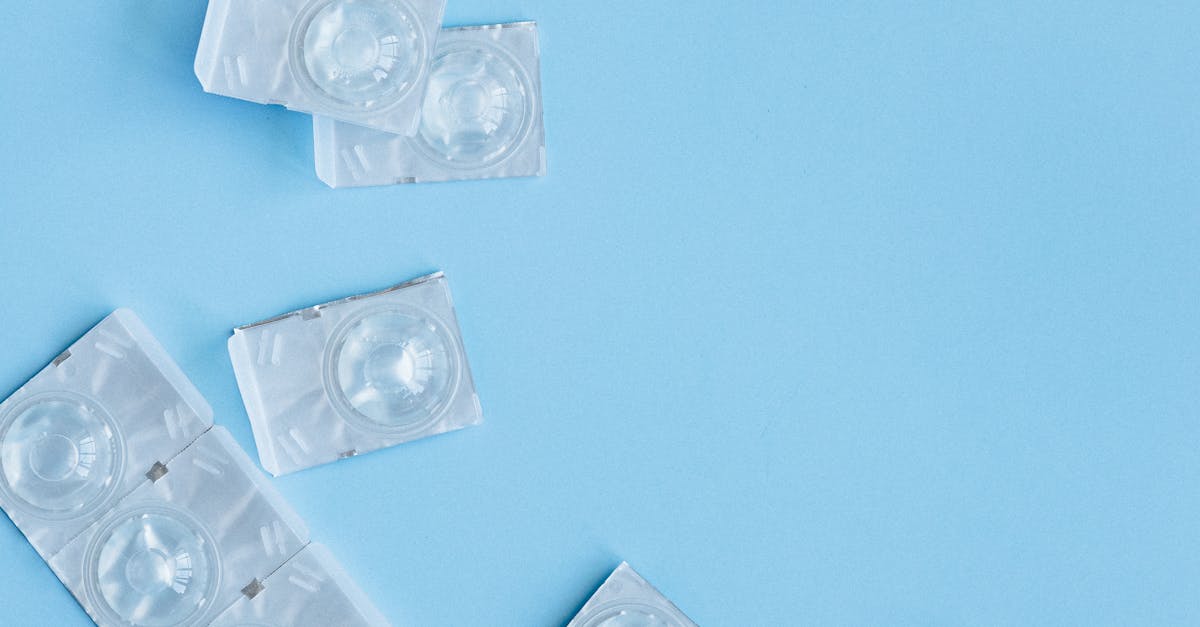Everyone wants to know how long it takes to recover from cataract surgery, and the great news is that most people start seeing better within just a few days. But think of your recovery as a process rather than an event. While the initial improvement is fast, it takes about four to eight weeks for your eye to heal completely. At iDoctor in Glendale Heights, we guide our patients through every step of this journey.
Your Cataract Surgery Recovery Timeline Explained
This guide will walk you through what to expect at each stage of your recovery, from the first 24 hours all the way to your final follow-up. Setting clear, realistic expectations helps you feel confident and ready for the journey back to clear, vibrant vision.
Here at iDoctor of Glendale Heights, we work closely with patients from surrounding communities like Addison, ensuring they get seamless care both before and after surgery. Knowing the typical timeline helps ease any anxiety and empowers you to be an active participant in your own healing.
The visual below breaks down the key phases of recovery, from the immediate rest period to getting back to your normal routine.
As you can see, recovery is a gradual journey. Each week, you’ll notice your vision getting sharper as you’re able to ease back into more of your favorite activities.
To give you a clearer picture, here’s a quick summary of what to expect at each stage.
Cataract Surgery Recovery at a Glance
| Recovery Phase | Typical Timeline | What to Expect | Activity Level |
|---|---|---|---|
| Immediate Recovery | First 24-48 Hours | Blurry or wavy vision, mild discomfort. Eye shield required. | Rest is the top priority. No driving, bending, or lifting. |
| First Week | Days 3-7 | Vision continues to sharpen. Itching and sensitivity are common. | Light activities are okay. Resume watching TV or reading. |
| Continued Healing | Weeks 2-4 | Vision becomes much clearer and more stable. | Most normal activities, including light exercise, can be resumed. |
| Full Recovery | Weeks 4-8 | Your eye is fully healed. Final vision prescription is determined. | Return to all activities without restrictions. |
This table provides a general outline, but keep in mind that every patient’s experience is unique.
Understanding the Healing Phases
It’s best to think about your recovery in distinct stages. While everyone heals at their own pace, the path is generally quite similar for most people.
- Initial Protection (First Few Days): Your only job right now is to rest and protect your eye. It’s perfectly normal for your vision to be a bit blurry at this point.
- Gradual Improvement (Weeks 1-2): Your vision will start to become noticeably clearer and more stable. You can begin reintroducing most light activities back into your day.
- Full Stabilization (Weeks 3-8): During this final phase, your eye completely heals, and your vision stabilizes. This is when your doctor can determine your final prescription for glasses, if you still need them.
The speed of your recovery often has a lot to do with the specific surgical technique used. Modern procedures like phacoemulsification have made a huge difference, shortening the full recovery time to that four-to-eight-week window. This is a significant improvement over the older surgical methods.
Our team provides in-depth information on every aspect of your cataract surgery, making sure you feel supported from the first consultation to your final check-up. We’re proud to be your local partner for lifelong vision health here in Glendale Heights.
Navigating the First 24 Hours After Surgery
The first day after your procedure is without a doubt the most critical phase of your cataract surgery recovery. Right now, your only job is to rest and keep that eye protected. We tell our patients to think of their eye like a delicate camera lens that’s just been meticulously repaired—it needs a solid shield to guard against any bumps, pressure, or debris.
You’ll head home from the surgical center wearing a protective shield taped over your eye. This isn’t optional; you absolutely must wear it as directed by your surgeon. It’s especially important while sleeping to prevent you from accidentally rubbing your eye or putting pressure on it. Don’t be alarmed if your vision is a bit blurry or wavy at first. That’s perfectly normal.
Key Actions and Restrictions
For these first 24 hours, it’s all about creating a calm, low-stress environment for healing.
Here’s what that looks like in practice:
- Prioritize rest above all else. That means no reading, minimal screen time, and avoiding any activity that could cause eye strain.
- Absolutely no bending or heavy lifting. Bending over at the waist or lifting anything heavier than a gallon of milk can spike the pressure inside your eye, which you want to avoid.
- Stay upright as much as possible. Try to relax in a recliner or prop your head up with a few extra pillows in bed. The goal is to keep your head elevated above your heart.
- Be meticulous with your eye drops. You’ll have a strict schedule for antibiotic and anti-inflammatory drops. Following this schedule precisely is your best defense against infection and swelling.
You might feel some mild discomfort, often described as a gritty or sandy sensation. This is a very common and expected part of the healing process. Whatever you do, do not rub or press on your eye.
A patient from nearby Addison shared their experience: “The team at iDoctor made sure I knew exactly what to do. Having clear instructions for that first day made all the difference and took away any anxiety I had about the recovery.”
Following your surgeon’s instructions to the letter is the single most important thing you can do for a successful outcome. Here at iDoctor, we work closely with you and your surgeon to make sure you have the support and guidance needed for a smooth, worry-free start to your recovery journey.
What to Expect in Your First Week of Healing
That first week after cataract surgery is all about gradual, day-by-day improvement. Don’t be surprised if your vision seems to have a mind of its own—a little blurry one moment and then wonderfully clear the next. This is perfectly normal; it’s just your eye getting acquainted with its new intraocular lens.
You’ll likely experience a few temporary side effects as your eye heals. Most patients report some of the following:
- Sensitivity to light: Bright lights can feel intense, so a good pair of sunglasses will be your best friend when you step outside.
- Glare or halos: Seeing rings or halos around lights, especially when driving at night, is very common. This effect typically subsides as your eye heals.
- Mild itching: It’s normal to feel a slight gritty or itchy sensation. The most important thing is to resist the urge to rub your eye.
Your first post-op check-in, usually scheduled within 24-48 hours of the procedure, is a crucial first step in your recovery. This is where your eye care team will check your progress and make sure your healing is off to a great start. For patients coming from nearby areas like Addison, knowing you have a local partner like iDoctor coordinating your post-op care can offer real peace of mind.
Reintroducing Gentle Activities
You can start easing back into some of your normal, low-key activities this week. Things like reading a book, watching TV, or using a computer for short bursts are usually okay. Just listen to your body—if your eyes feel tired or strained, give them a break.
The biggest priority, however, is protecting your eye from anything that could cause irritation or infection. Be sure to steer clear of:
- Swimming pools and hot tubs
- Dusty environments, like a workshop or windy park
- Gardening and other yard work
Imagine your eye is inside a protective healing bubble for a little while. By taking these simple steps, you’re giving it the ideal conditions to recover quickly and without a hitch. As your vision clears with each passing day, you’ll start to see the first exciting glimpses of a brighter, more vibrant world.
Ready to take the next step towards clearer vision? Learn more about our detailed eye exams in Glendale Heights to start your journey.
The Journey to Full Recovery: Weeks Two to Eight
Once you’re past that first week, you’re on the home stretch. This is where things really start to feel normal again. Between weeks two and eight, you should notice those initial side effects—like glare or sensitivity to light—begin to fade away. Each day, your vision gets a little bit sharper and more reliable.
This phase is all about your eye settling into its new normal. Follow-up appointments are crucial now, not just to check on healing, but for the exciting part: figuring out your final glasses prescription. We need to give your eye time to stabilize completely before we can lock in that perfect prescription.
Finding New Designer Eyeglasses in Addison
This is truly the best part. After weeks of patience, you get to reap the rewards. We have so many patients from Addison and the surrounding areas who come into our Glendale Heights boutique to celebrate their new sight, and it’s a joy to witness. It’s the perfect time to find a pair of frames that feels as fresh and vibrant as your vision.
“After my final check-up, I went straight to iDoctor. Choosing a new pair of Gucci glasses felt like the perfect way to cap off my recovery. The team was fantastic and understood exactly what I was looking for.”
By the time you reach the end of this phase, your surgeon will likely give you the green light to resume all your usual activities. Think driving at night, getting back to your favorite sports, or diving into hobbies—all with a clarity you haven’t had in years.
While most people feel fully recovered within four to eight weeks, everyone’s journey is a bit different. Your overall health matters; for example, studies show that age or conditions like diabetes can affect the healing timeline. You can learn more about these recovery time findings if you’re interested in the details.
It’s also not uncommon for some people to experience lingering dry eye symptoms. This is usually manageable with the right approach. If this sounds like you, take a look at our guide on effective dry eye treatments.
How Your Health Can Influence Recovery Time
https://www.youtube.com/embed/7mzaeLHuPA0
While most people follow a pretty standard path after cataract surgery, your own health history is a huge piece of the puzzle. Think of it this way: your body is in charge of the healing process, and a healthier body is simply better equipped to get the job done quickly and efficiently.
Certain pre-existing conditions can sometimes slow things down a bit. For instance, if you’re managing diabetes or glaucoma, your eye might take a little longer to heal. That’s perfectly normal, and it just means we’ll keep a closer eye on your progress to make sure everything looks great.
Key Factors in Your Recovery Timeline
Your age and general wellness are probably the two biggest factors that influence how your recovery will go. It’s just a reality that our bodies’ natural healing abilities can change as we get older. Global research backs this up, with one study finding that patients between 46 and 60 often bounced back more quickly than older groups.
Other things that can shape your personal recovery timeline include:
- The Type of Intraocular Lens (IOL): The lens you choose—whether it’s a standard monofocal IOL or a more advanced multifocal one—can change how long it takes for your brain to adapt to the new way of seeing.
- Following Post-Op Instructions: This is the one you have the most control over. Sticking to your surgeon’s after-care plan is the single best thing you can do to ensure a fast, smooth recovery.
“I was worried my age would make recovery difficult, but the team at iDoctor was so thorough in explaining how to care for my eye. Patients from Addison should know they’re in great hands here.”
This is exactly why our detailed eye exams in Glendale Heights are so critical before any procedure. When we can spot potential risk factors ahead of time, we can build a recovery plan that’s tailored specifically for you and your health needs.
Being proactive about your eye health is always a smart move. You can learn more by checking out our guide on 5 key strategies for cataract prevention.
Your Glendale Heights Partner in Lifelong Vision Health
Think of us as your local guide on the path to clearer sight. We’ve just walked through the typical cataract surgery recovery, and the good news is that most people feel back to normal within four to eight weeks. Here at iDoctor, we’re proud to be a part of the Glendale Heights community, serving families from here to Addison and beyond.
Our support for you doesn’t end when the surgery is over. It all starts with a thorough 30-minute eye exam, but we’re with you for the long haul. Once your vision settles and the world comes back into sharp focus, the fun part begins. We’ll be right there to help you find that perfect pair of new glasses to celebrate—whether it’s a classic set of Ray-Bans or a touch of luxury with Gucci or Prada.
A patient from Addison recently told us, “The iDoctor team was so supportive after my surgery. They answered all my questions and made finding my new glasses a wonderful experience.”
We want you to feel confident and well-cared-for every step of the way. Great vision is a lifelong journey, not a one-time fix, and consistent check-ups are the foundation of that. To understand why this is so critical, take a look at our guide on the importance of routine eye exams.
Come in and see for yourself why so many local families trust us with something as precious as their eyesight. We’re more than just an eye doctor in Glendale Heights; we’re your partner in seeing clearly for life.
FAQ: Cataract Surgery Recovery for Addison Residents
We find that patients who know what to expect feel much more confident and have a smoother recovery. With that in mind, here are some of the most common questions we hear from our patients in Glendale Heights and the surrounding communities like Addison.
When can I get new glasses after surgery?
This is probably the number one question we get! We know you’re excited to see the world clearly again. Most surgeons will ask you to wait about four to six weeks after your procedure before we finalize a prescription for new glasses.
This waiting period is crucial. It gives your eye the time it needs to heal completely, allowing your vision to fully stabilize. Rushing it could mean getting a prescription that’s inaccurate just a week or two later. Once you get the green light from your surgeon, we’ll conduct a thorough eye exam right here at iDoctor to help you find the perfect Cartier or Tom Ford frames to go with your new, crisp vision. And to keep those new specs looking great, be sure to check out our guide on how to clean your eyeglasses.
Is iDoctor a good choice for post-cataract surgery care if I live in Addison?
Absolutely. Many of our patients are from Addison and choose iDoctor for our personalized follow-up care and high-end eyewear selection. We work closely with your surgeon to ensure a seamless experience. Our 30-minute detailed eye exams, which use high-resolution imaging, are perfect for monitoring your healing progress. After recovery, you can celebrate your new vision by exploring our curated collection of luxury brands like Prada, Gucci, and Saint Laurent, knowing we accept all major vision insurance plans.
How much time should I take off work?
The answer to this one really comes down to what you do for a living.
- Desk Jobs: If your job is mostly sedentary and computer-based, you might feel comfortable returning to work in just a few days.
- Active Jobs: For roles that are more physically demanding or expose you to potential irritants like dust and debris, you’ll likely need to take off a week or more.
The best approach is to have a conversation with your surgeon about your specific job duties. Together, we can create a personalized recommendation that puts your healing first.
At iDoctor, we see ourselves as your partners for the entire journey of your vision health. From the first exam to your post-operative care and even finding that perfect pair of glasses, we’re here to provide a seamless and supportive experience for patients from Glendale Heights, Addison, and beyond. Schedule your appointment today at idoctoril.com.


